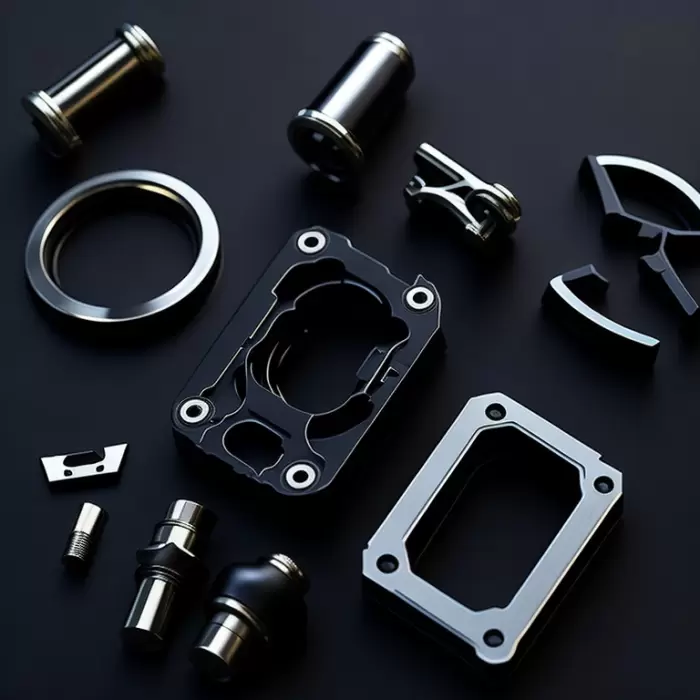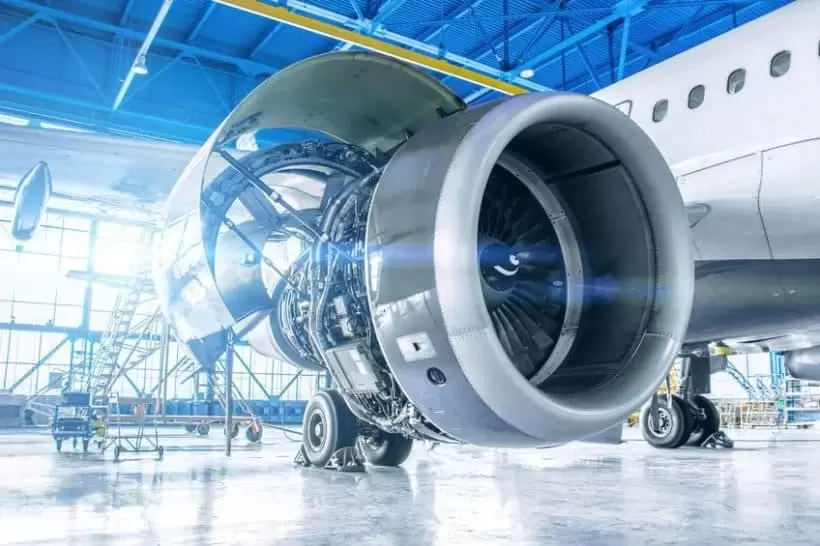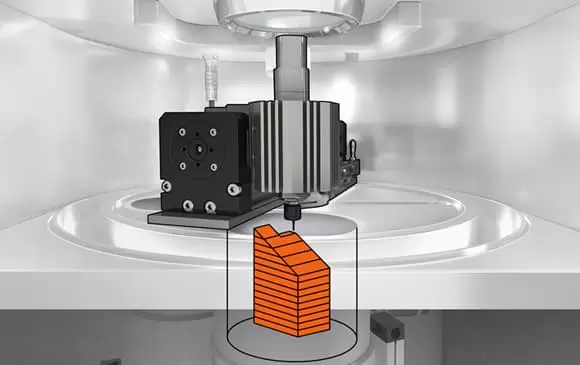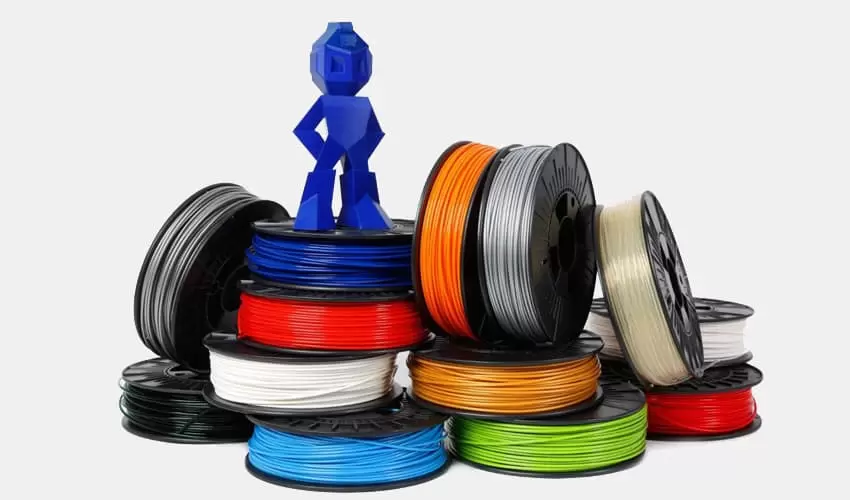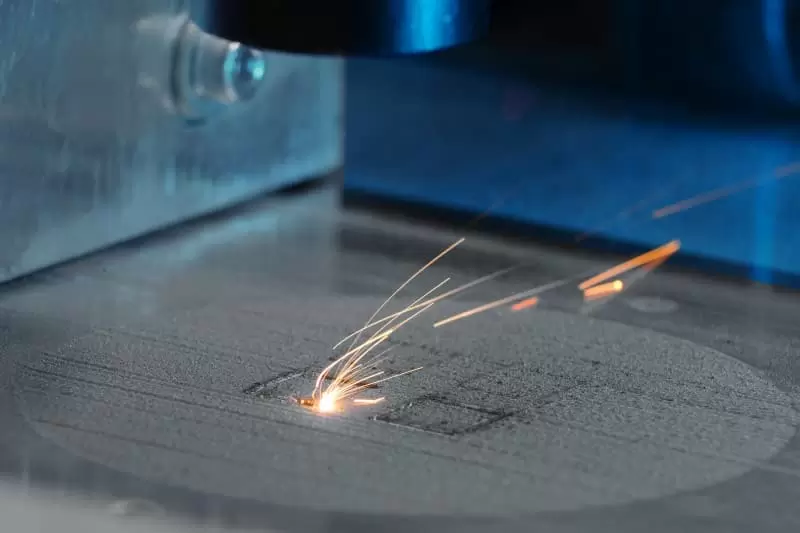Table of Contents:
- Introduction
- Techniques Used in Precision Parts Manufacturing
- Tools Used in Precision Parts Manufacturing
- Applications of Precision Parts Manufacturing
- Choosing the Right Precision Parts Manufacturer
- Conclusion
-
1.Introduction
Precision parts manufacturing is an essential aspect of modern manufacturing industries, from aerospace to electronics and consumer goods. The ability to produce complex, high-precision components with tight tolerances and high accuracy is critical for achieving optimal performance, reliability, and safety in various applications.
In this comprehensive guide, we’ll explore the various techniques, tools, and applications of precision parts manufacturing, as well as how to choose the right precision parts manufacturer for your needs.
-
2.Techniques Used in Precision Parts Manufacturing
- CNC Machining:CNC (Computer Numerical Control) machining is a widely used precision parts manufacturing technique that involves the use of computer-controlled machines to cut, shape, and form various materials into precise shapes and sizes. CNC machines are programmed with specific instructions and tool paths, which allow them to produce complex geometries with high accuracy and repeatability. CNC machining is widely used in industries such as aerospace, automotive, medical equipment, and electronics.
- Injection Molding:Injection molding is another popular precision parts manufacturing technique that involves injecting molten material into a mold cavity under high pressure. Once the material cools and solidifies, it takes the shape of the mold, resulting in a precise and accurate component. Injection molding is commonly used for producing plastic parts in high volumes and is widely used in the automotive, consumer goods, and medical industries.
- Laser Cutting:Laser cutting is a precision parts manufacturing technique that uses a high-powered laser to cut and shape various materials such as metal, plastic, and wood. Laser cutting is widely used in the aerospace, automotive, and electronics industries for producing intricate and precise components with tight tolerances.
- 3D Printing:3D printing, also known as additive manufacturing, is a precision parts manufacturing technique that involves creating three-dimensional objects by adding layers of material on top of each other. 3D printing is commonly used for producing prototypes and small batches of complex parts in industries such as aerospace, medical equipment, and consumer goods.
- EDM Machining:EDM (Electrical Discharge Machining) machining is a precision parts manufacturing technique that uses an electrical discharge to remove material from a workpiece. EDM machining is commonly used for producing complex shapes and forms that are difficult or impossible to achieve with other machining techniques. EDM machining is widely used in industries such as aerospace, medical equipment, and electronics.
- Wire Cutting:Wire cutting is another precision parts manufacturing technique that uses a thin wire to cut and shape various materials. Wire cutting is commonly used for producing intricate and precise components with high accuracy and repeatability. Wire cutting is widely used in industries such as aerospace, automotive, and electronics.
- Grinding and Polishing:Grinding and polishing are precision parts manufacturing techniques that involve removing material from a workpiece to achieve a smooth and polished surface. Grinding and polishing are commonly used for producing components with tight tolerances and high accuracy. Grinding and polishing are widely used in industries such as aerospace, automotive, and medical equipment.
- Surface Treatment:Surface treatment is a precision parts manufacturing technique that involves applying a coating or treatment to the surface of a component to enhance its performance or appearance. Surface treatment is commonly used for protecting components from corrosion, improving their wear resistance, or enhancing their aesthetic appeal. Surface treatment is widely used in industries such as aerospace, automotive, and consumer goods.
-
3.Tools Used in Precision Parts Manufacturing
- CNC Machines:CNC machines are computer-controlled machines that are widely used in precision parts manufacturing. CNC machines are capable of producing complex geometries with high accuracy and repeatability, making them ideal for producing components with tight tolerances. CNC machines are commonly used in industries such as aerospace, automotive, and medical equipment.
- EDM Machines:EDM machines are precision parts manufacturing machines that use an electrical discharge to remove material from a workpiece. EDM machines are capable of producing complex shapes and forms that are difficult or impossible to achieve with other machining techniques. EDM machines are commonly used in industries such as aerospace, medical equipment, and electronics.
- Injection Molding Machines:Injection molding machines are widely used in precision parts manufacturing for producing plastic parts in high volumes. Injection molding machines are capable of producing components with precise and accurate shapes and sizes, making them ideal for industries such as automotive, consumer goods, and medical equipment.
- Laser Cutting Machines:Laser cutting machines are widely used in precision parts manufacturing for cutting and shaping various materials such as metal, plastic, and wood. Laser cutting machines are capable of producing intricate and precise components with tight tolerances, making them ideal for industries such as aerospace, automotive, and electronics.
- 3D Printers:3D printers are widely used in precision parts manufacturing for producing prototypes and small batches of complex parts. 3D printers are capable of producing components with complex geometries and high accuracy, making them ideal for industries such as aerospace, medical equipment, and consumer goods.
- Grinding and Polishing Machines:Grinding and polishing machines are used in precision parts manufacturing for removing material from a workpiece to achieve a smooth and polished surface. Grinding and polishing machines are capable of producing components with tight tolerances and high accuracy, making them ideal for industries such as aerospace, automotive, and medical equipment.
- Inspection Equipment:Inspection equipment is essential in precision parts manufacturing for ensuring the quality and accuracy of the components produced. Inspection equipment such as CMMs (Coordinate Measuring Machines), optical comparators, and surface profilers are commonly used for inspecting components and verifying that they meet the required specifications.
-
4.Applications of Precision Parts Manufacturing
- Aerospace:Precision parts manufacturing is critical in the aerospace industry, where components must meet strict quality, reliability, and safety standards. Precision parts such as turbine blades, engine components, and structural parts are produced using techniques such as CNC machining, EDM machining, and laser cutting.
- Automotive:Precision parts manufacturing is also essential in the automotive industry, where components must meet high standards of performance, reliability, and safety. Precision parts such as engine components, transmission parts, and suspension parts are produced using techniques such as injection molding, CNC machining, and wire cutting.
- Medical Equipment:Precision parts manufacturing plays a critical role in the medical equipment industry, where components must meet strict quality and safety standards. Precision parts such as surgical instruments, implantable devices, and diagnostic equipment are produced using techniques such as CNC machining, EDM machining, and injection molding.
- Electronics:Precision parts manufacturing is essential in the electronics industry, where components must meet high standards of accuracy and reliability. Precision parts such as circuit boards, connectors, and sensors are produced using techniques such as CNC machining, injection molding, and laser cutting.
- Industrial Equipment:Precision parts manufacturing is also critical in the industrial equipment industry, where components must meet high standards of performance and durability. Precision parts such as gears, bearings, and pumps are produced using techniques such as CNC machining, EDM machining, and injection molding.
- Consumer Goods:Precision parts manufacturing is also essential in the consumer goods industry, where components must meet high standards of aesthetics and functionality. Precision parts such as housings, handles, and buttons are produced using techniques such as injection molding, CNC machining, and 3D printing.
-
5.Choosing the Right Precision Parts Manufacturer
When choosing a precision parts manufacturer, there are several factors to consider, including:
- Quality Control and Certification:Ensure that the manufacturer has a robust quality control process in place and is certified to the relevant industry standards such as ISO 9001.
- Experience and Expertise:Choose a manufacturer with experience and expertise in producing components for your industry and applications.
- Customization and Flexibility:Choose a manufacturer who can provide customized solutions and is flexible enough to accommodate your specific needs.
- Customer Service and Support:Choose a manufacturer with a strong customer service and support team that can address your concerns and provide timely assistance when needed.
- Production Capacity and Lead Time:Ensure that the manufacturer has the production capacity to meet your volume requirements and can deliver the components within the required lead time.
- Cost:While cost is an important factor, it should not be the only consideration. Choose a manufacturer who offers competitive pricing while maintaining high quality standards.
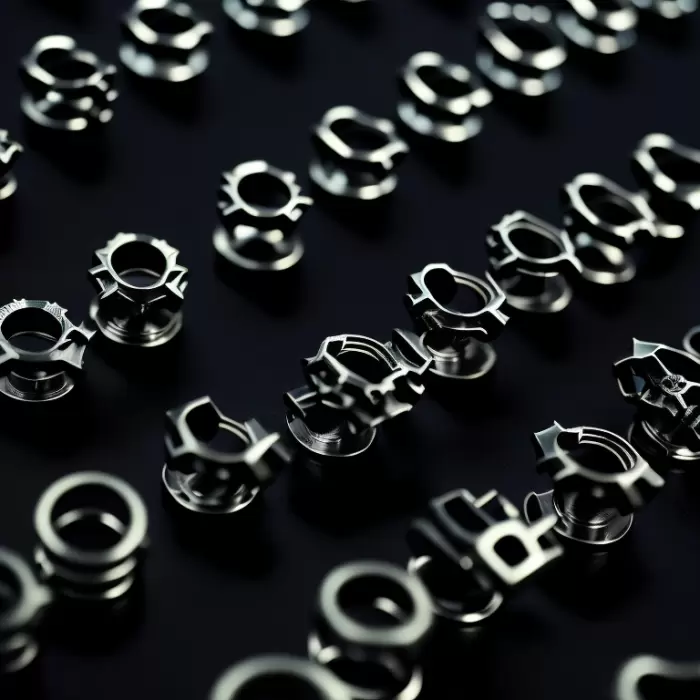
-
6.Conclusion
Precision parts manufacturing is a critical aspect of many industries, including aerospace, automotive, medical equipment, electronics, industrial equipment, and consumer goods. With the help of advanced machining techniques and equipment, precision parts manufacturers can produce components with tight tolerances, complex geometries, and high accuracy.
When choosing a precision parts manufacturer, it’s essential to consider factors such as quality control, experience, customization, customer service, production capacity, lead time, and cost. By partnering with a reliable and experienced precision parts manufacturer, you can ensure that your components meet the required specifications and contribute to the success of your business.
